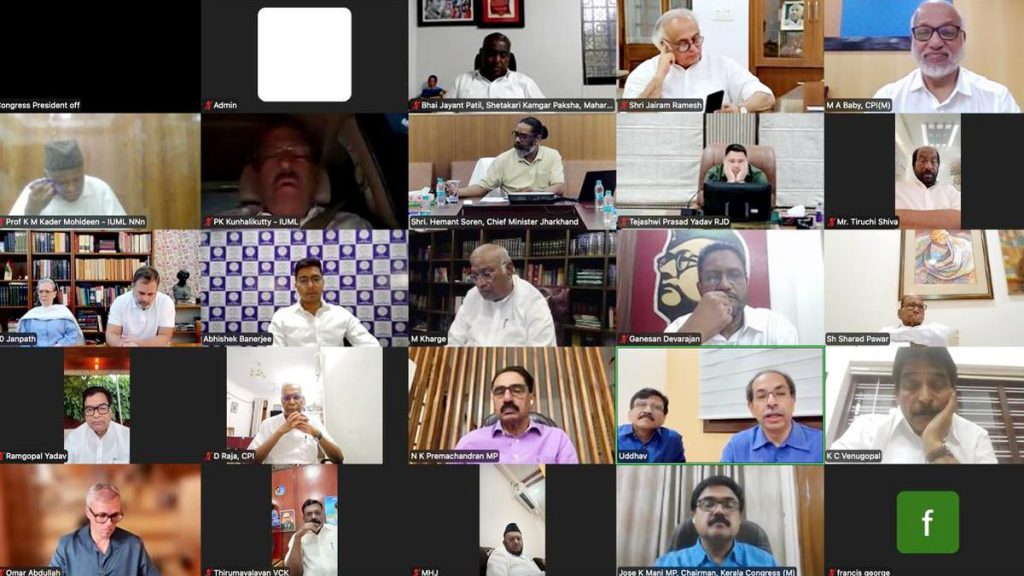Now Reading: Top 5 Productivity Myths to Avoid
-
01
Top 5 Productivity Myths to Avoid
Top 5 Productivity Myths to Avoid

quick summary
- the article outlines five common traps people fall into while trying to improve productivity:
1. Buying software: Investing in expensive software doesn’t necessarily lead to productivity unless tied to a well-understood system or procedure.2. Hiring financial managers: Delegating finances without understanding key decisions may result in mismanagement,as the individual has the most vested interest in their own financial matters.
3. Acquiring new gadgets/computers: Upgrading technology like computers, tablets, or smartphones is often overestimated as a productivity solution; slower equipment might just need reinstallation for faster performance.
4. Chasing more devices: Smartphones and tablets can only enhance processes but don’t inherently increase productivity without proper workflows built around them.
5. Optimizing first: Efficiency becomes futile if directed toward trivial tasks; prioritizing “vital work” should precede optimization efforts.
- the article emphasizes managing workflows effectively and prioritizing meaningful tasks before introducing tools or technical upgrades.
Indian Opinion analysis
The commentary highlights crucial principles applicable to India’s evolving digital landscape and professional ecosystem. Given India’s growing reliance on technological tools for economic growth and personal development, it offers insightful reminders that technology alone cannot solve systemic inefficiencies or automate success without thoughtful implementation strategies.Adopting robust workflows alongside appropriate tools could be especially impactful for India’s burgeoning startups and government initiatives focused on digitization (e.g., Digital India). prioritization of meaningful objectives before optimizing systems aligns well with resource-sensitive environments typical of India’s diverse socioeconomic backgrounds.
Such lessons reiterate the long-term importance of responsible consumer behavior-whether purchasing gadgets or outsourcing critical operations-especially within spaces where resources are constrained yet aspirations remain high.

























